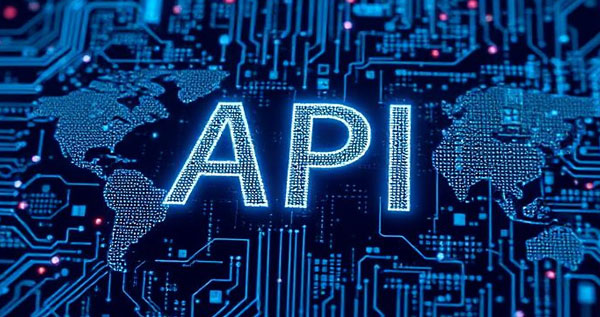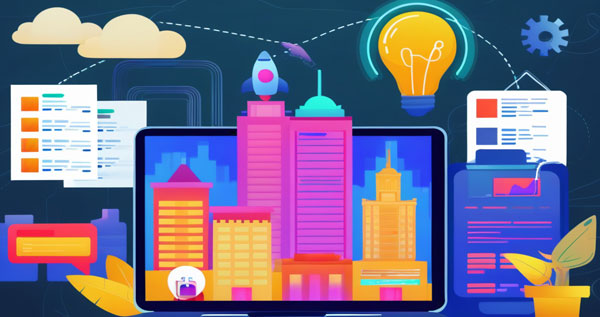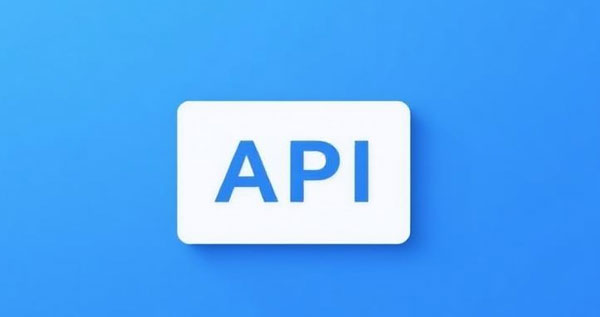What is a Data Center? What Does a Data Center Do?
Introduction
In the digital age, data centers play a crucial role in ensuring seamless connectivity, data storage, and processing for businesses, governments, and individuals worldwide. But what exactly is a data center, and what does it do? This article will explore the functions of data centers and their connection to datacenter proxies, residential proxies, and unlimited residential proxies, which are essential for businesses and online operations.
What is a Data Center?
A data center is a facility that houses computer systems and associated components such as servers, storage systems, and networking equipment. It is responsible for storing, processing, and distributing data efficiently. These centers are designed to provide high-speed connectivity, redundancy, and security, ensuring that digital operations run smoothly.
Key Components of a Data Center:
Servers: The backbone of any data center, responsible for processing and storing data.
Networking Equipment: Routers, switches, and firewalls that manage data flow and security.
Storage Systems: Cloud storage, SSDs, and HDDs that store massive amounts of data.
Power & Cooling: Uninterruptible power supplies (UPS) and cooling systems to maintain operational stability.
What Does a Data Center Do?
Data centers serve various functions, including:
Hosting Websites and Applications: Businesses use data centers to host their websites, SaaS applications, and e-commerce platforms.
Cloud Computing: Many cloud services like AWS, Google Cloud, and Azure operate through massive data centers.
Data Storage & Backup: Enterprises rely on data centers for secure storage and backup solutions.
Big Data Processing: AI, machine learning, and analytics platforms use data centers for high-performance computing.
Data Centers and Proxies: The Connection
Proxies are crucial in managing data access and online anonymity. Data centers play a significant role in datacenter proxies, which are used for various online activities. Let’s explore how different types of proxies work with data centers.
1. Datacenter Proxies
Datacenter proxies are IP addresses provided by large-scale data centers. They are not associated with an Internet Service Provider (ISP) but rather with cloud servers or dedicated proxy networks.
Advantages of Datacenter Proxies:
High Speed & Performance: Since they are hosted in data centers with high-bandwidth connections, they offer faster response times.
Cost-Effective: Compared to residential proxies, datacenter proxies are more affordable.
Ideal for Web Scraping: Businesses use datacenter proxies for competitive intelligence, SEO monitoring, and price comparison.
Anonymity & Security: Provides excellent anonymity for businesses looking to mask their IP addresses.
Common Uses of Datacenter Proxies:
Market research & competitor analysis
Ad verification & brand protection
Data scraping & web crawling
Accessing geo-restricted content
2. Residential Proxies
Unlike datacenter proxies, residential proxies use real IP addresses assigned by ISPs. These proxies make it appear as though traffic is coming from a real user rather than a data center.
Advantages of Residential Proxies:
Higher Trust & Legitimacy: Websites are less likely to block residential proxies since they originate from actual users.
Bypassing Strict Anti-Bot Measures: Many websites implement advanced detection mechanisms that block datacenter proxies but allow residential proxies.
Better for Social Media & E-commerce: Platforms like Instagram, Facebook, and Amazon prefer residential traffic, making residential proxies ideal for managing multiple accounts.
Common Uses of Residential Proxies:
Social media automation
E-commerce data scraping
SEO & ad verification
Sneaker botting & ticket purchasing
3. Unlimited Residential Proxies
Unlimited residential proxies are a premium version of residential proxies that offer unlimited bandwidth and session duration. They are ideal for large-scale web scraping and automation projects.
Advantages of Unlimited Residential Proxies:
Unlimited Bandwidth: No restrictions on data usage, making it perfect for extensive data collection.
Stable & Reliable Connections: Unlike rotating proxies, they offer consistent connections for long sessions.
Ideal for Enterprise-Level Operations: Businesses that require uninterrupted access to residential IPs prefer unlimited residential proxies.
Common Uses of Unlimited Residential Proxies:
Large-scale market research
Advanced web scraping operations
Streaming geo-blocked content
Secure financial transactions
Choosing Between Datacenter and Residential Proxies
When deciding between datacenter proxies, residential proxies, and unlimited residential proxies, consider the following:
Feature | Datacenter Proxies | Residential Proxies | Unlimited Residential Proxies |
|---|---|---|---|
Speed | Fast | Moderate | Moderate |
Cost | Low | High | Higher |
Anonymity | Medium | High | High |
IP Legitimacy | Low | High | High |
Use Case | Web scraping, SEO, data mining | Social media, e-commerce, ad verification | Enterprise-level data collection |
Conclusion
A data center is a powerhouse of modern digital operations, hosting everything from websites to cloud services. With the rise of datacenter proxies, residential proxies, and unlimited residential proxies, businesses can achieve better online anonymity, scrape data efficiently, and bypass geo-restrictions effortlessly.
Understanding the differences between these proxy types will help businesses choose the best solution based on their needs, whether for high-speed web scraping with datacenter proxies, trusted IP addresses with residential proxies, or large-scale operations with unlimited residential proxies.
For businesses and individuals looking to enhance their online privacy and data collection strategies, investing in the right proxy service can make all the difference in achieving seamless and unrestricted access to the web.




